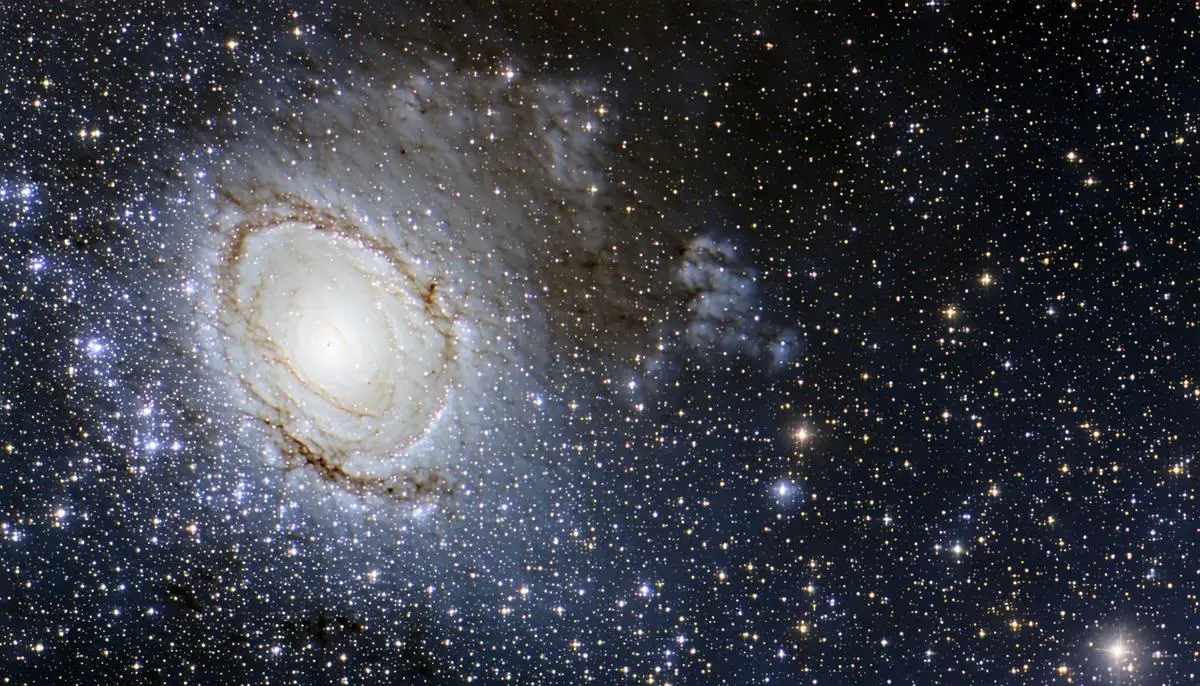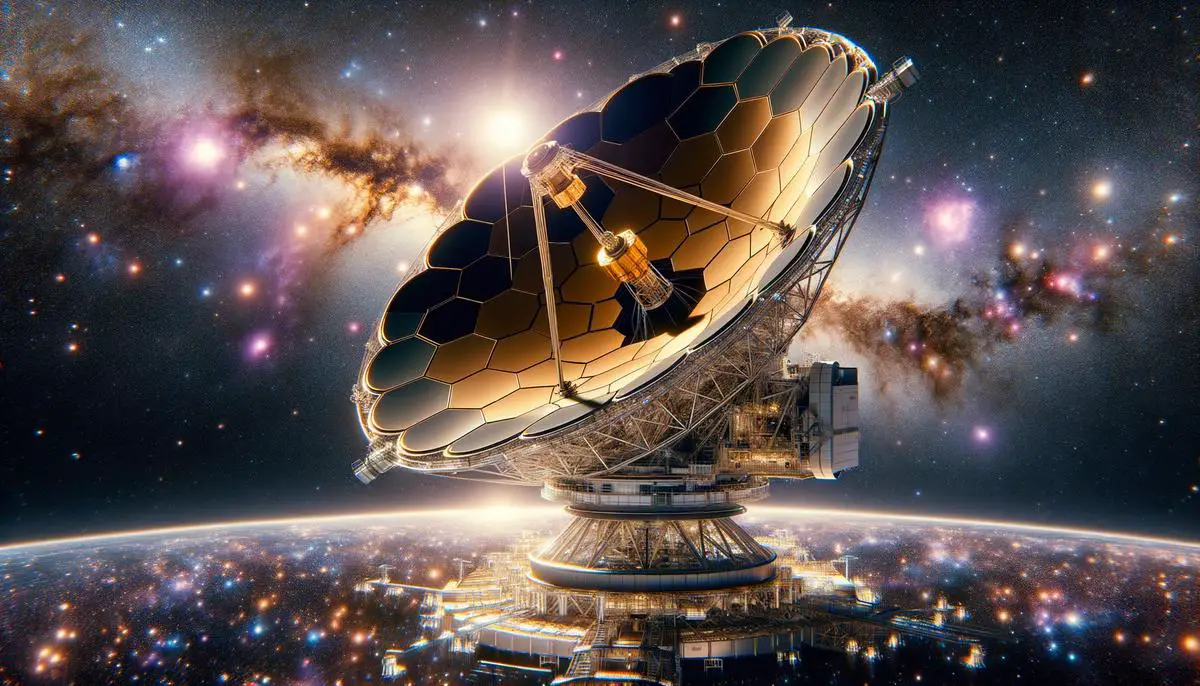Naming Controversy
The James Webb Space Telescope faces ongoing controversy over its namesake. Critics allege that James Webb, NASA's second administrator, was complicit in discriminatory practices against LGBTQ individuals during his leadership roles in the 1950s and 1960s. Key points of contention include:
- Webb's tenure at the State Department during the "Lavender Scare"
- The dismissal of a NASA employee due to sexual orientation under Webb's administration
- Questions about the naming process and its departure from scientific tradition
NASA conducted an internal review of historical documents but found insufficient evidence to warrant changing the telescope's name. This decision has sparked debate within the scientific community, with over 1,200 astronomers signing a petition urging NASA to reconsider.
The controversy highlights tensions between honoring historical figures and upholding modern values of inclusivity. As the JWST prepares for its December 2021 launch, the naming dispute continues to cast a shadow over what should be a triumphant moment for space science.
NASA's Response
NASA's handling of the naming controversy has been criticized for lack of transparency. Key aspects of the agency's response include:
- An internal review led by NASA's acting chief historian, Brian Odom
- No formal written report of the findings
- Administrator Bill Nelson's announcement to maintain the Webb name
The absence of a public report has frustrated many in the scientific community. Lou Strolger, a member of NASA's Astrophysics Advisory Committee, expressed concern: It feels a little insufficient to just present findings without presenting the basis for those findings.
NASA's approach has led to accusations of insufficient engagement with the space community on this issue. The controversy persists, with some scientists continuing to press for reconsideration and greater transparency in the decision-making process.
Impact on Scientific Community
The naming controversy has significantly affected the scientific community, particularly LGBTQ+ scientists. Key impacts include:
- Feelings of exclusion among marginalized groups in astronomy
- Resignations from NASA advisory roles in protest
- Ongoing debates about representation and inclusivity in science
Sarah Tuttle, an astrophysicist at the University of Washington, expressed the cumulative effect of such decisions: It's an accumulation of many 'Do you belong? Do you belong? We don't think that you belong' that, over time, is wearing.
The controversy has become a catalyst for broader discussions about how the scientific community honors historical figures while striving for a more inclusive future. It underscores the need for transparent, participatory processes in naming significant scientific projects.

Technical and Scientific Achievements
Despite the naming controversy, the James Webb Space Telescope represents a significant leap forward in space observation technology. Key features and achievements include:
- A primary mirror 2.7 times larger than Hubble's, allowing for unprecedented light-gathering capability
- Optimization for near- and mid-infrared light, enabling observations through cosmic dust
- The ability to peer further back in time towards the early universe
The JWST has already made groundbreaking discoveries, including:
- Confirmation of the most distant known galaxy, JADES-GS-z14-0, at a redshift of 14.32
- Detailed observations of planetary and stellar formation processes
- New insights into the evolution of galaxies and the early universe
These achievements underscore the telescope's importance to the scientific community, even as debates about its name continue. The JWST's legacy will likely be defined by both its technological supremacy and its role in sparking important discussions about inclusivity in science.

The James Webb Space Telescope stands as a testament to human ingenuity, yet its name evokes a conversation about inclusivity and historical reflection. This dialogue is crucial, highlighting the importance of aligning scientific progress with societal values, ensuring that the pursuit of knowledge is both profound and principled.
-
1. Panek R. Pillars of Creation: How the James Webb Telescope Unlocked the Secrets of the Cosmos. New York, NY: Henry Holt and Co.; 2024.
2. Siegel E. Infinite Cosmos: Visions from the James Webb Space Telescope. Washington, D.C.: National Geographic; 2024.
3. Johnson DK. The Lavender Scare: The Cold War Persecution of Gays and Lesbians in the Federal Government. Chicago, IL: University of Chicago Press; 2004.
4. Wolfe A. Freedom's Laboratory: The Cold War Struggle for the Soul of Science. Baltimore, MD: Johns Hopkins University Press; 2018.
![]()
